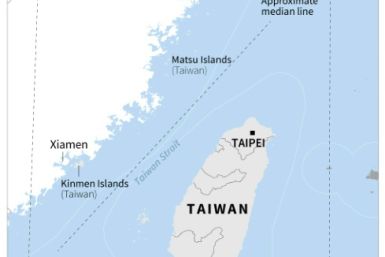Woolworths Suffers 17% Dip in Net Profit Due to Dick Smith Restructuring
Woolworths reported on Thursday a 17 per cent drop in its first half net profit mainly due to the $300 million charge for the restructuring of its Dick Smith consumer electronics division.
The company, Australia's biggest retailer, reported a $966.9-million H1 profit, which beat analysts' expectation of $956 million. Were it not for the one-off charge associated with Dick Smith, Woolworths profit should have reached $1.184 billion, up by 3.2 per cent compared to a year ago.
"This is sound result considering subdued consumer confidence, deflationary pressures and the significant investment we are making in the business in line with our strategic priorities for growth," Woolworths Chief Executive Grant O'Brien said in a statement.
The slower growth in the supermarket giant's earning was because of its price war on basic commodities such as bread, milk, detergent and fresh produce with rival Coles. The two grocers control 80 per cent of Australia's supermarket sector.
Woolworths forecast trading conditions will remain soft for the rest of its financial year, which would lead to a 2 to 6 per cent annual profit growth, higher than market estimates of 2.4 per cent growth.
"The outlook is for things to remain subdued and we still think Woolworths is trading at a price to earnings ratio that is too high to justify its sluggish growth rate, not just for this year but in the years to come also," City Index analyst Peter Esho said.
While the company plans to offload Dick Smith in 2012, it also targets to roll out its Masters hardware stores which would cost Woolworths $100 million. To raise that amount, the firm plans to sell some properties worth $200 million.
For the past six months, 26.9 million customers were served by Woolworths, which is a 3.8 per cent improvement compared to the same period a year ago.
The supermarket registered a 4.3 per cent growth in food and liquor sales to $19.6 billion, but overall, sales growth was affected by deflation mostly in produce, seafood baker and deli. Woolworths admitted part of the deflation was its own doing as it lowered prices to match that offered by Coles.






